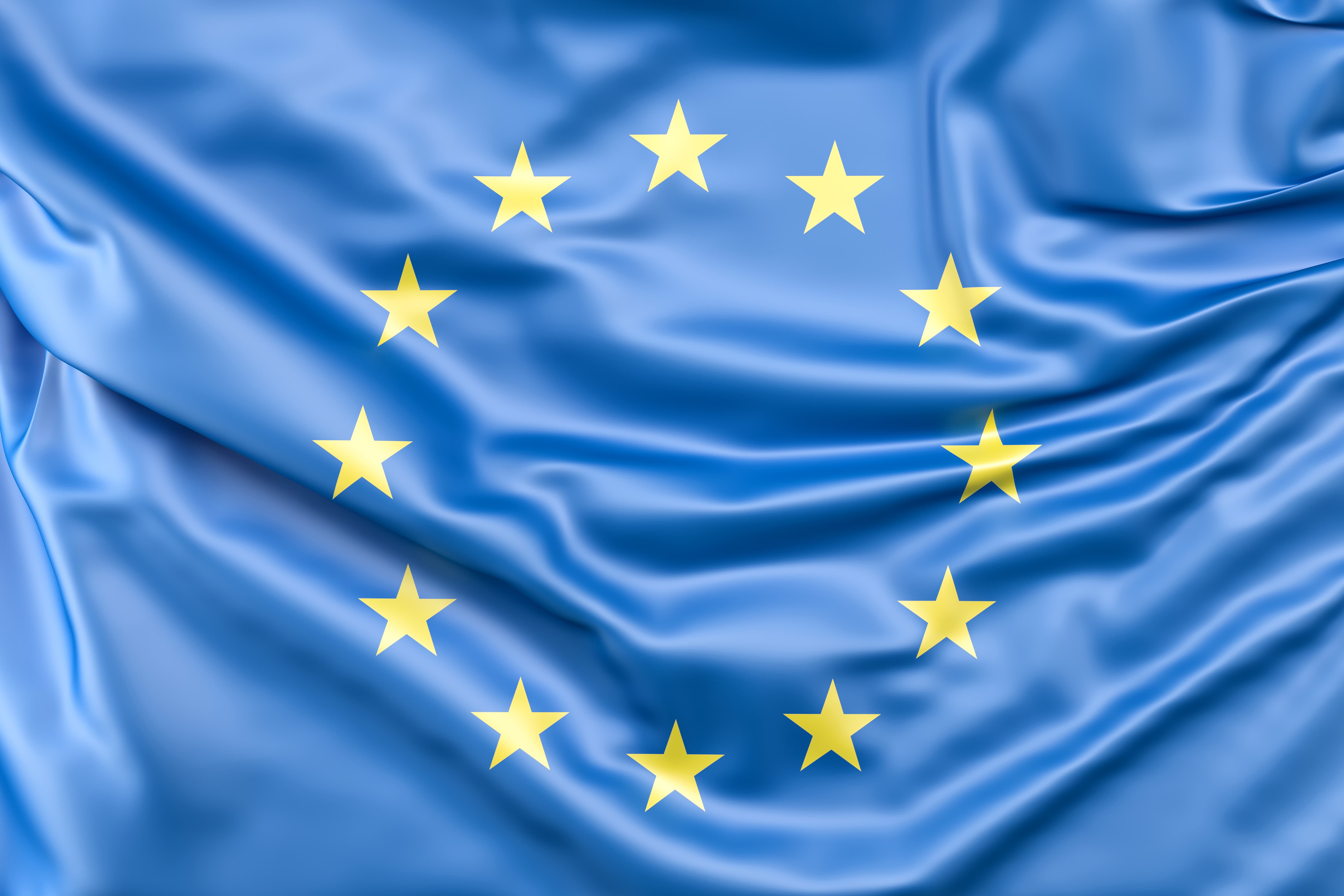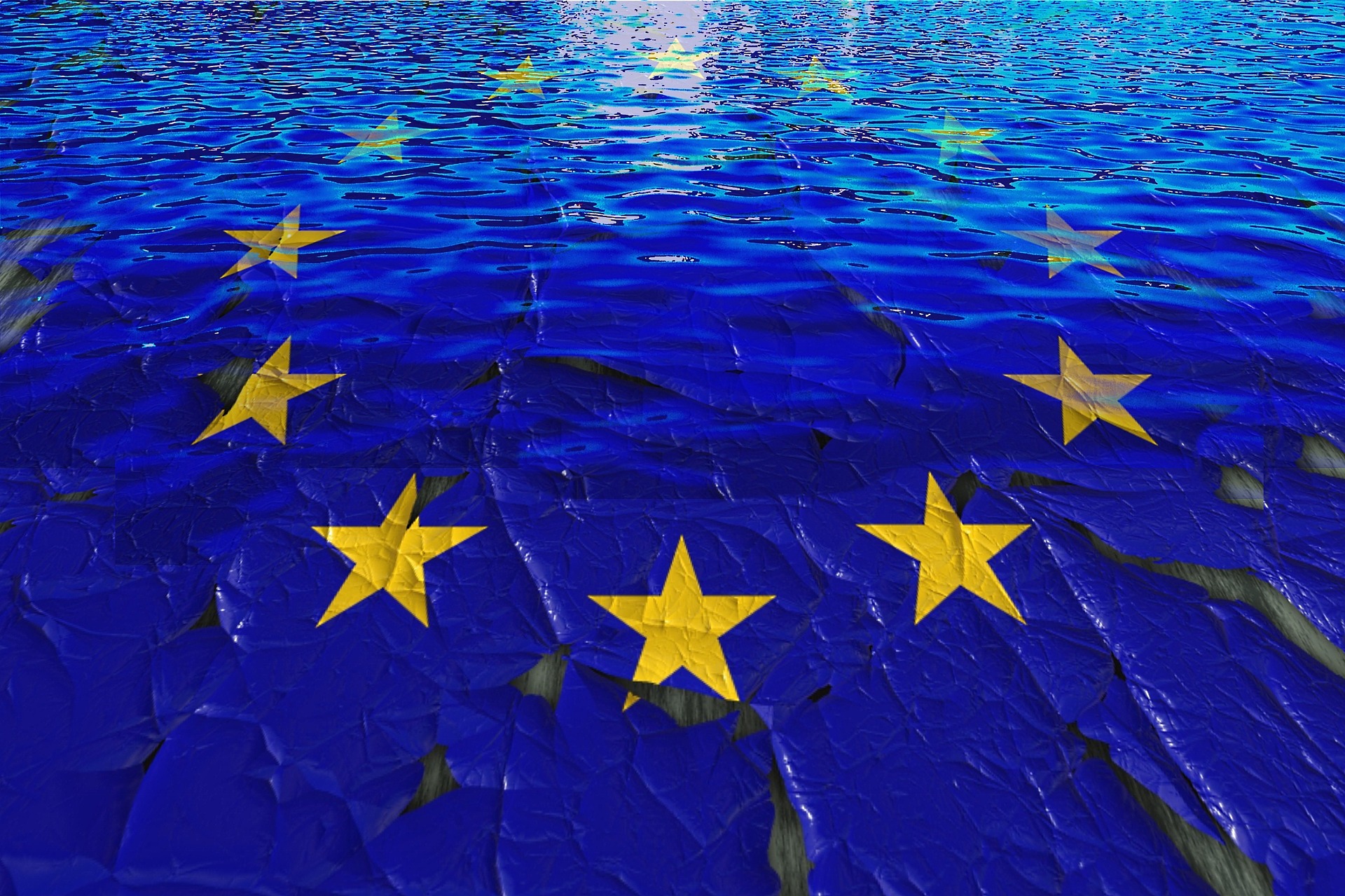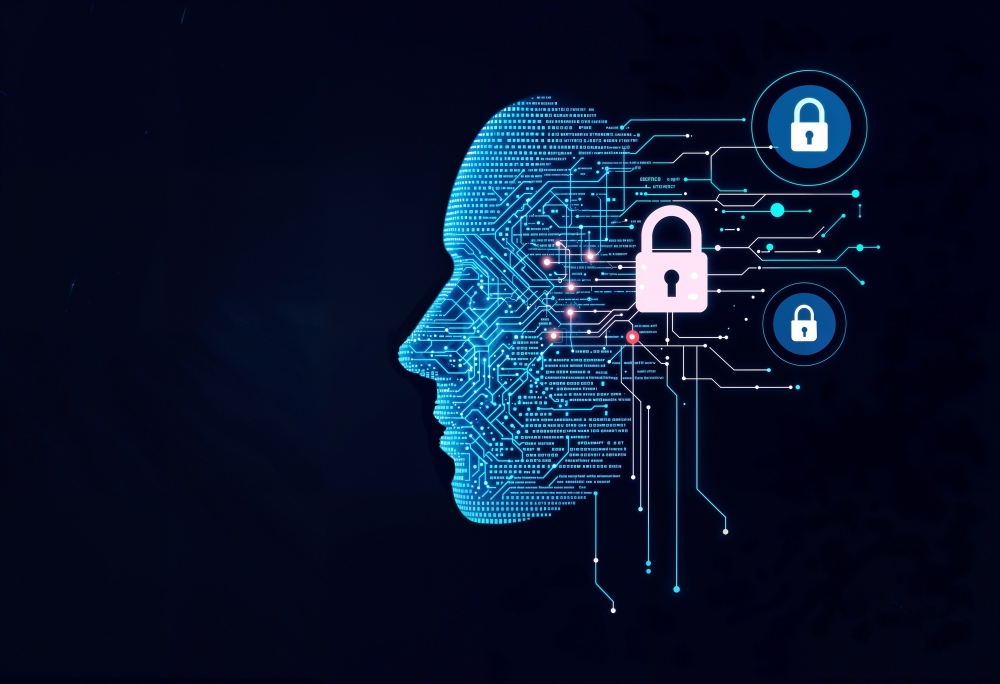The European Commission has approved €450 million in Czech support for a new integrated Onsemi semiconductor facility in Rožnov pod Radhoštěm.
A project that will help strengthen Europe’s technological autonomy by advancing Silicon Carbide power device production instead of relying on non-European manufacturing.
The Czech Republic plans to back a €1.64 billion investment that will create the first EU facility covering every stage from crystal growth to finished components. These products will be central to electric vehicles, fast charging systems and renewable energy technologies.
Onsemi has agreed to contribute new skills programmes, support the development of next-generation 200 mm SiC technology and follow priority-rated orders in future supply shortages.
The Commission reviewed the measure under Article 107(3)(c) of the Treaty on the Functioning of the EU and concluded that the aid is necessary, proportionate and limited to the minimum required to trigger the investment.
In a scheme that addresses a segment of the semiconductor market where the EU lacks sufficient supply, which improves resilience rather than distorts competition.
The facility is expected to begin commercial activity by 2027 and will support the wider European semiconductor ecosystem.
Would you like to learn more about AI, tech and digital diplomacy? If so, ask our Diplo chatbot!










